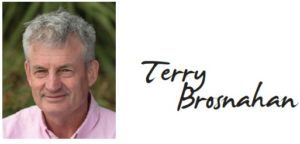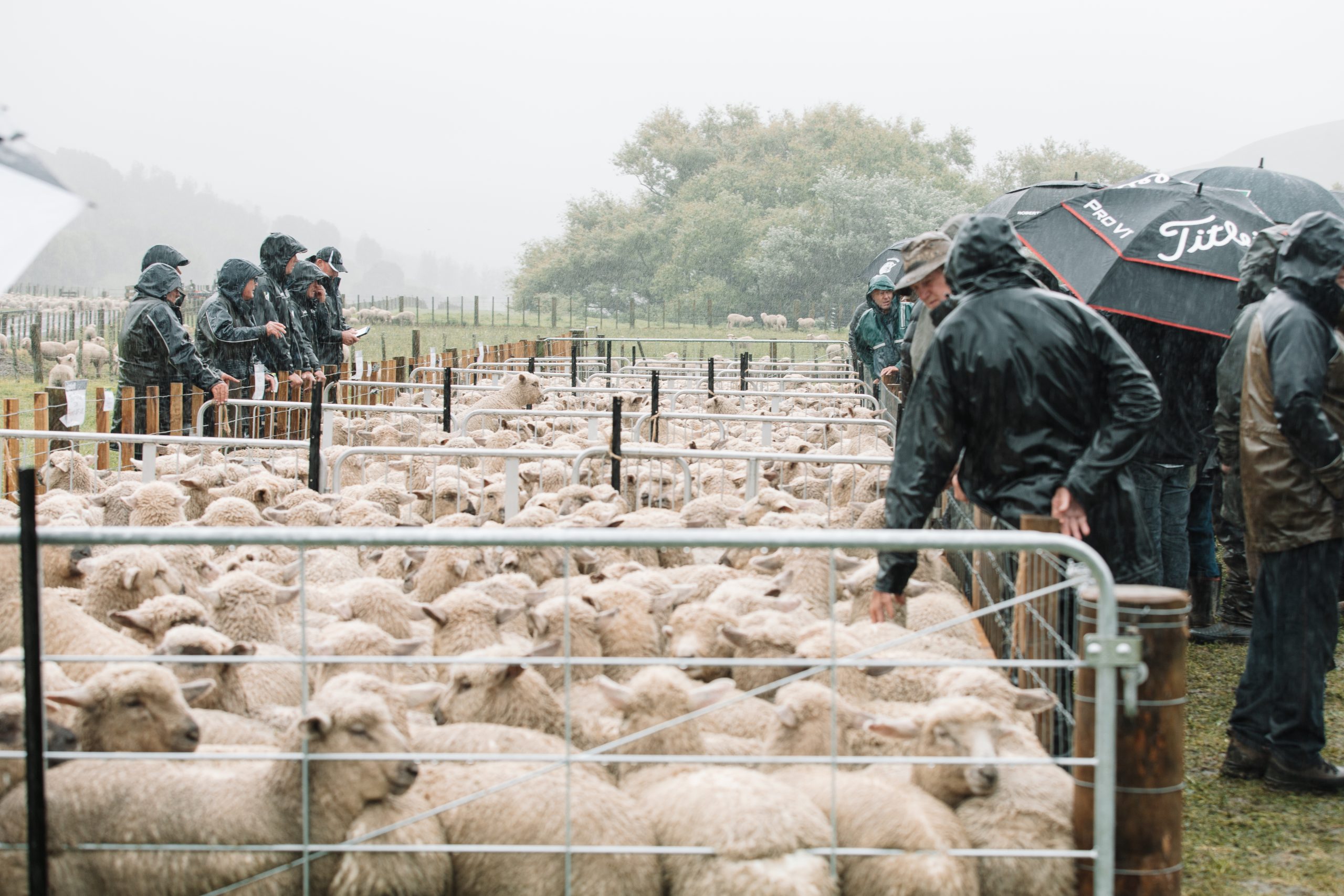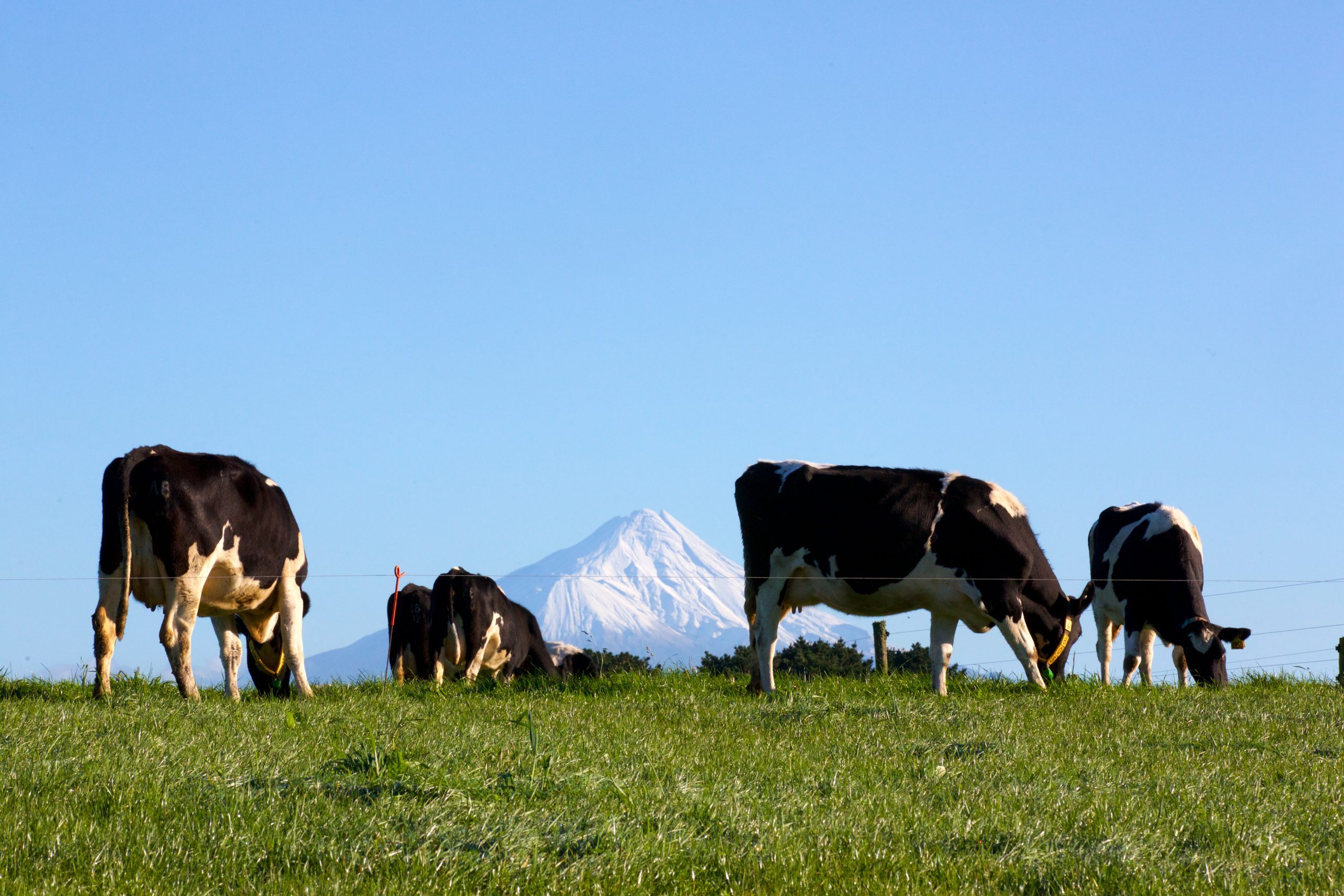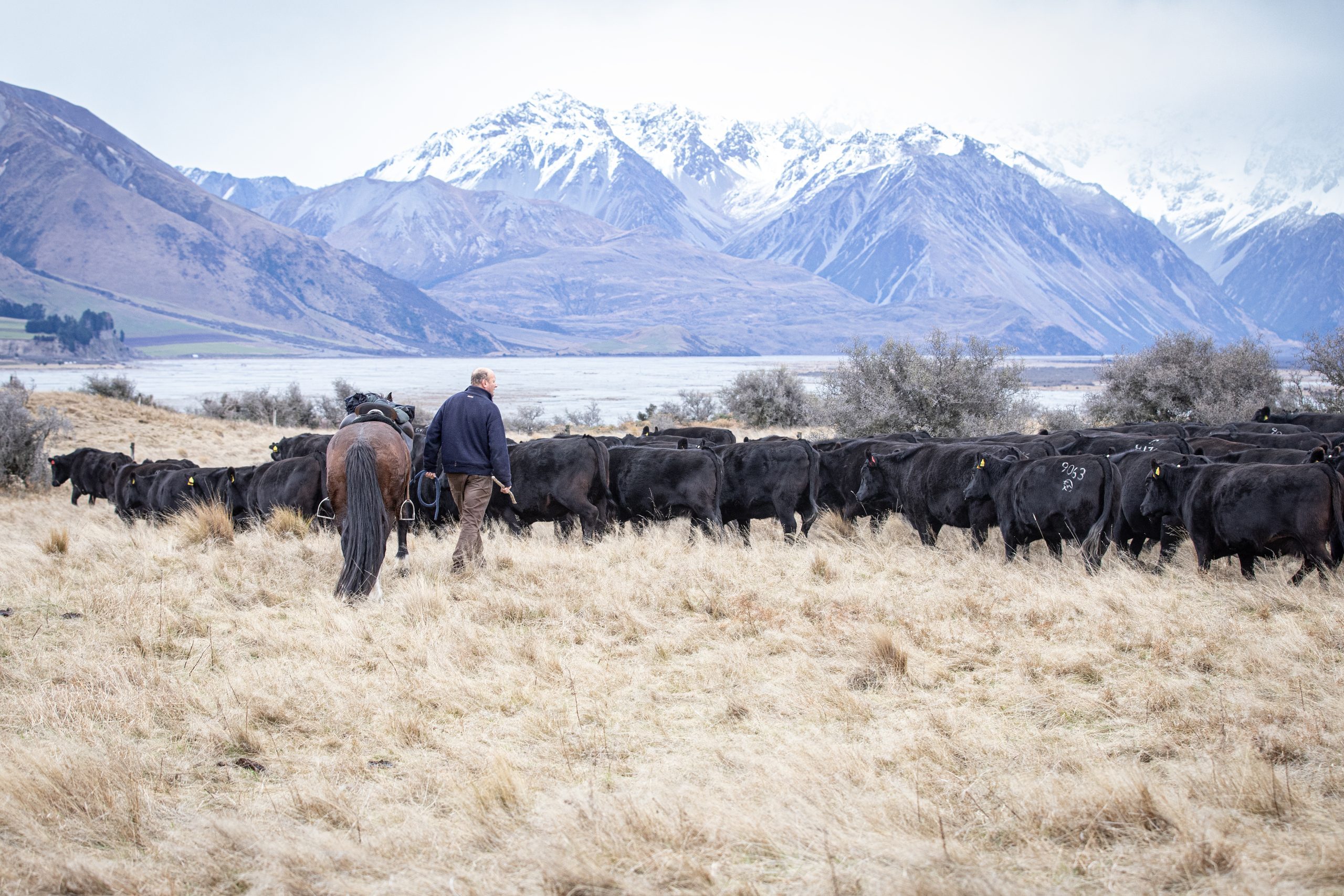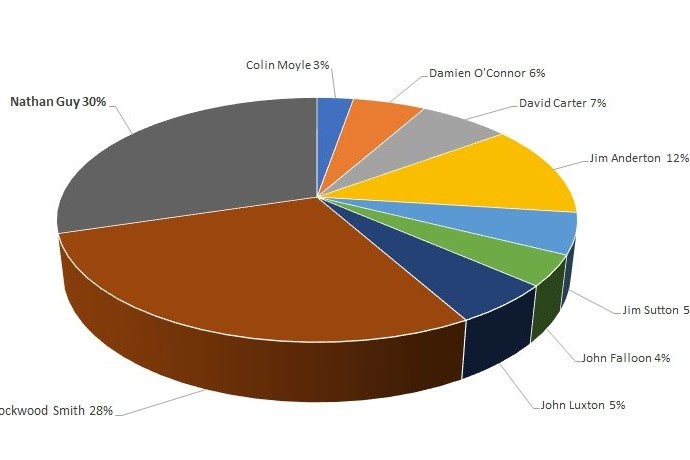There has been growing interest in regenerative agriculture in New Zealand, which is like a new religion, more about belief than fact.
The regenerative agriculture (RA) movement uses proven parts of conventional NZ farming such as rotational grazing and integrated stock management. They mix it in with unproven products and practices. Sellers of pseudoscience products and practices have jumped on the RA bandwagon because there is no scientific scrutiny of their claims.
Part of the RA strategy is to undermine NZ’s successful conventional farming systems. Our pastoral farming is lauded as a world leader. Its success has been built on good science involving decades of research and trials.
This is why top ag scientists have come together and published a report in booklet form, which is summarised on P20, debunking claims made by the RA.
RA has no clear definition and people can be anywhere on the ‘spectrum’ – in other words, can be conventional or organic or whatever. There are some good conventional farmers claiming they are practising regenerative ag, but still using chemical fertilisers and sprays. Other RA farmers shunned fertilisers and sprays. Again, it depends on where you are on the spectrum.
RA comes across as a good story and is believed by more than just farmers. It has sucked in several farm consultants, who in turn recommended it to ag minister Damien O’Connor.
MPI has now granted $1.8m to a charitable trust to promote RA to farmers even though it has had no critical scientific scrutiny. Before farmers rush into RA they should take a good look at the credentials of the people promoting it. There are farmers, some with limited farming experience, who have no relevant qualification but who have the gift of the gab. There are soil specialists or consultants who are not scientists and unlikely to even have a PhD. If they do hold one, it won’t be in soil science.
The farmers who can afford RA are the ones with little or no debt. They will be farmers who are well-established and using conventional practices such as direct drilling and rotational grazing. Perhaps they see a marketing advantage. In a recent webinar the problem of not having developed a clear definition of RA for marketing purposes arose. A marketer said ‘don’t wait for a definition, make it up’. Where’s the integrity in that?
One farmer touted as a RA practitioner was supposed to be doing amazing things on a dryland farm yet aerial shots showed irrigator wheel marks. Good farmers take their advice from scientists and won’t use a product unless it is backed by proven science.
It’s a great shame conventional farming backed with good science wasn’t labelled regenerative before the RA crowd moved in.
After all, if NZ farming wasn’t regenerative and sustainable it would not have lasted so long, and been so successful.
